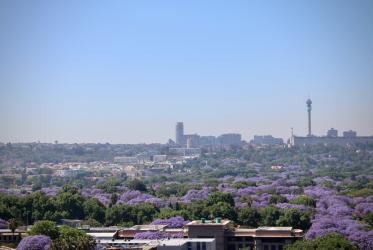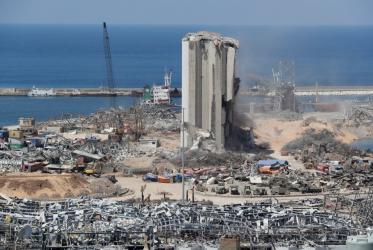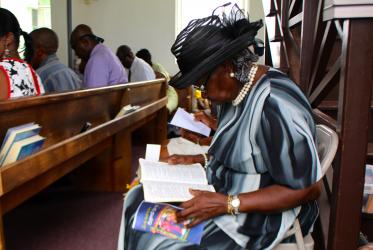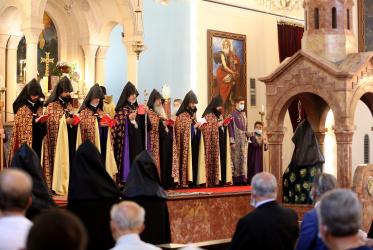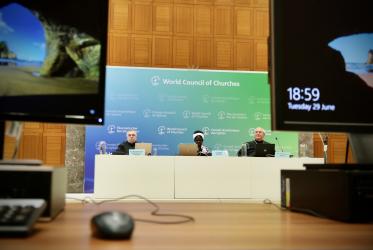Displaying 221 - 240 of 1468
Missing and Murdered: Addressing Femicide and Sexual and Gender-based Violence in our Global Context
25 November - 02 December 2021
Webinar - Past massacres in the Middle East
19 November 2021
https://us02web.zoom.us/webinar/register/WN_A9raswe7RiSlq58xvexGHA
Webinar will remember past massacres in the Middle East
11 November 2021
In Lebanon, “without peace there is no justice”
21 July 2021
